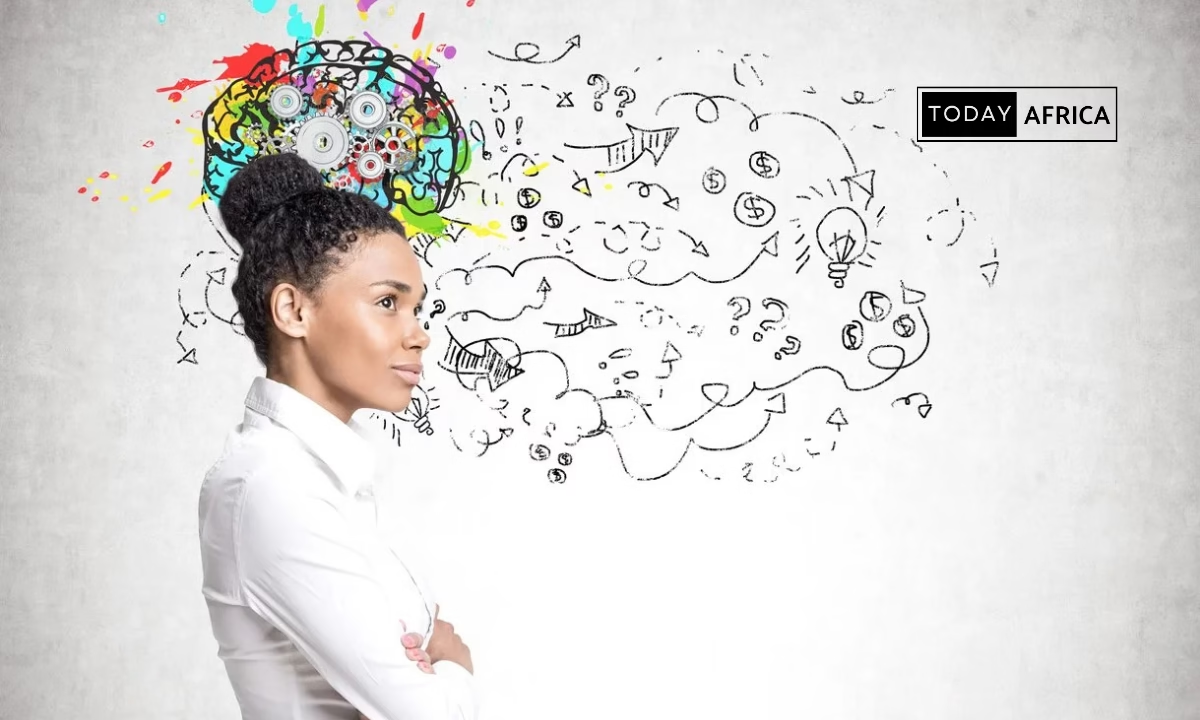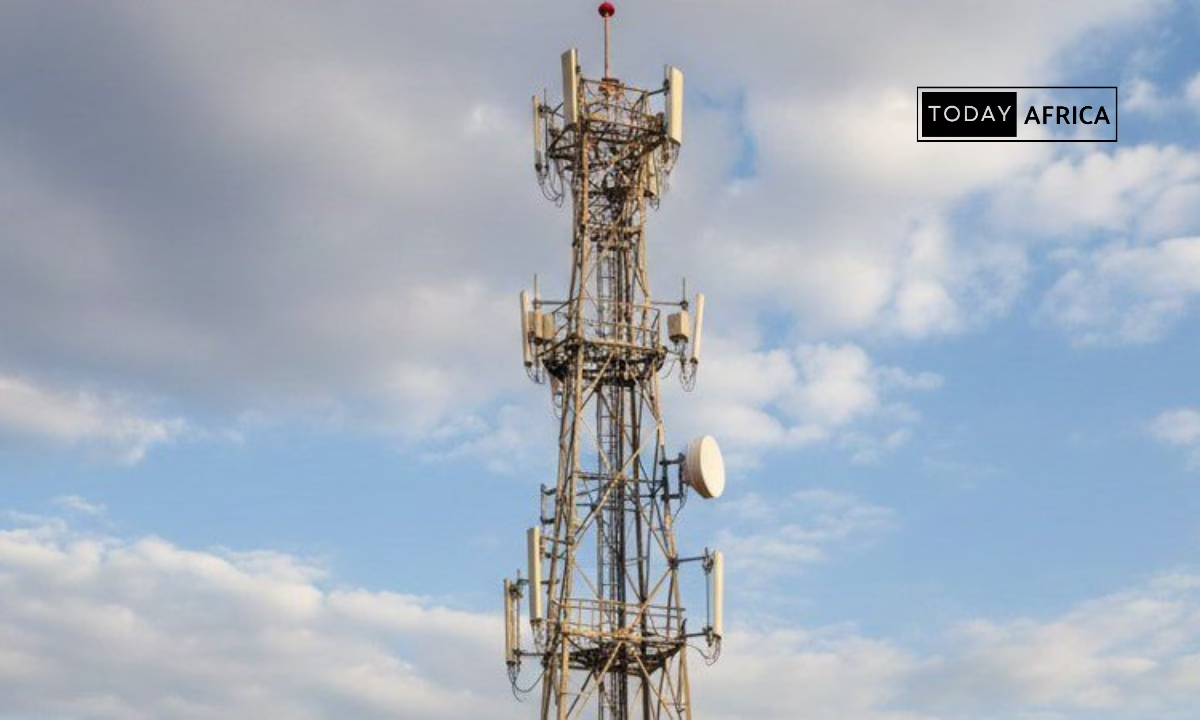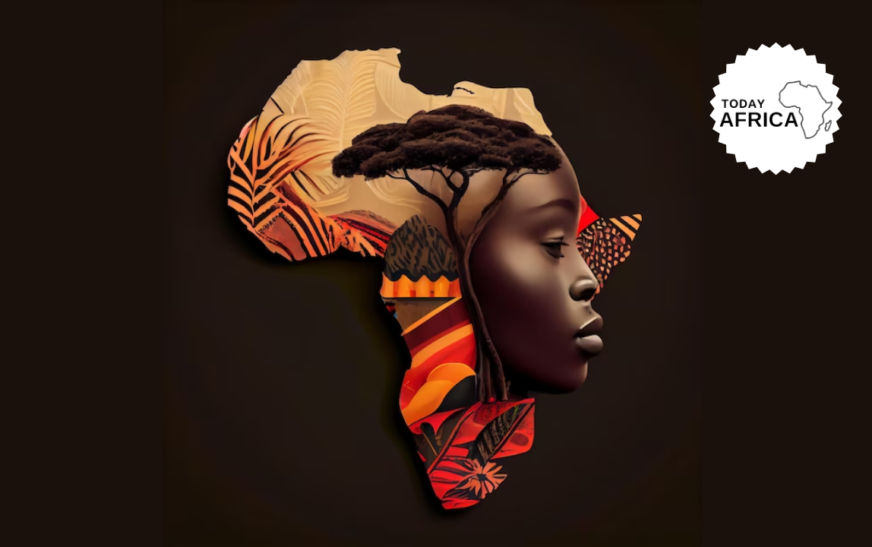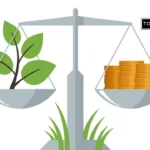Not long ago, artificial intelligence felt like something far away from Africa, a high-tech idea from Silicon Valley that didn’t really touch everyday life here.
But that’s changing fast.
Today, AI is quietly becoming part of how Africans live and work. It helps banks make quicker decisions, doctors spot illnesses early, and farmers plan better for the weather.
Across the continent, startups are finding smart ways to use this technology. All of this shows a big shift in how Africa thinks about technology.
The question is no longer whether Africa will join the AI revolution, but how it will shape it. Who controls the data? How can AI reflect African realities, not just copy Western systems?
This article discusses the state of artificial intelligence in Africa, how it’s growing, what challenges still exist, and what it could mean for the continent’s future.
AI adoption across Africa
AI is no longer a buzzword; it’s quietly embedded in how African economies function. From agriculture to healthcare, finance, education, and governance, intelligent systems are being used to improve efficiency, cut costs, and expand access to services.
According to a 2024 report by the World Economic Forum, over 2,400 African startups are currently building or integrating AI-driven solutions.
Investment in African AI ventures crossed $600 million in 2023, up from $350 million the year before. Nigeria, Kenya, South Africa, and Egypt lead the way, forming the “AI Big Four” of the continent.
These countries host the highest concentration of research centers, incubators, and government-supported innovation hubs. Lagos, Nairobi, and Cape Town, in particular, have become AI hotspots, producing startups that rival counterparts in Asia and Latin America.
Sector-by-sector impact
- Agriculture: AI tools like Hello Tractor in Nigeria and SunCulture in Kenya help farmers predict rainfall patterns, detect pests, and optimize planting schedules.
- Healthcare: Platforms like Ubenwa, a Nigerian startup, use AI to analyze an infant’s cry to detect asphyxia, saving lives in resource-limited hospitals.
- Finance: AI-driven credit scoring models from M-KOPA (Kenya) and Carbon (Nigeria) are giving unbanked populations access to loans without traditional collateral.
- Education: AI chatbots like Loora and Ubongo are revolutionizing how children learn languages and STEM subjects using adaptive learning systems.
The state of artificial intelligence in Africa is no longer a theoretical debate, it’s practical, tangible, and already embedded in daily life.
African AI ecosystem: who’s leading the charge?
The growth of AI across the continent isn’t accidental. It’s being driven by a mix of research institutions, private sector innovation, and public-policy support.
Government initiatives and national AI strategies
A growing number of African governments are developing AI strategies to align with the African Union’s Digital Transformation Strategy (2020–2030).
- Rwanda launched its Centre for the Fourth Industrial Revolution (C4IR) in partnership with the World Economic Forum, focusing on AI governance and data ethics.
- Egypt unveiled its National AI Strategy 2030, targeting education reform and AI integration in public services.
- Tunisia and Mauritius have created AI task forces to promote responsible innovation and support startups.
These moves show a growing understanding that AI isn’t just about technology, it’s about economic competitiveness and sovereignty.
Research and talent development
African universities and labs are also stepping up. Institutions like the African Institute for Mathematical Sciences (AIMS), Data Science Africa, and Deep Learning Indaba are training thousands of young Africans in machine learning and data science.
Partnerships with global tech companies, Google’s AI Lab in Ghana, IBM’s research center in Kenya, and Microsoft’s Africa Development Center in Nigeria, are further bridging the skill gap.
Still, there’s a talent imbalance. While Africa has a growing pool of AI developers, the continent accounts for less than 1% of global AI research output, according to a 2023 Stanford AI Index report. The opportunity lies in scaling education and retaining local talent.

Challenges slowing down Africa’s AI growth
Despite the momentum, the road ahead isn’t smooth. Africa’s AI ecosystem still faces structural, economic, and ethical hurdles.
Data and infrastructure problem
AI thrives on data, but Africa struggles with data scarcity and quality issues. Many countries lack digitized public records, consistent data protection laws, and reliable internet infrastructure. Only 43% of Africans have access to the internet (ITU, 2024), and power instability in rural areas limits the deployment of data centers.
Without local data, AI systems are often trained on Western datasets, leading to bias, poor localization, and low accuracy for African contexts. For instance, facial recognition models trained on Western faces have been shown to perform poorly on darker skin tones, raising serious ethical concerns.
Funding, skills, and brain drain
AI startups in Africa face a familiar triad of challenges: limited funding, limited skills, and limited policy support. Most venture capital goes to fintech, leaving AI-first companies underfunded. Meanwhile, talented engineers often migrate to Europe or North America for better opportunities.
While bootcamps and accelerators are helping, the talent pipeline still needs massive investment. Governments and universities must work hand-in-hand to create AI-specific programs, scholarships, and research funding.
Read Also: How Startups are Leveraging AI in Africa to Drive Innovation & Growth
African innovation in Action
Sometimes the best way to understand the state of AI in Africa is to look at the stories behind the data.
Here are three standout examples.
Ubenwa (Nigeria)
Ubenwa, founded by Charles Onu, uses AI to diagnose birth asphyxia, a leading cause of infant mortality, by analyzing newborn cries. The app transforms smartphones into diagnostic tools, helping hospitals and clinics where access to advanced medical equipment is scarce. It’s a striking example of AI meeting a deeply human problem, rooted in local need rather than imported solutions.
InstaDeep (Tunisia)
Founded in Tunis, InstaDeep develops advanced AI systems for logistics and biotech. In 2023, the company was acquired by BioNTech for over $680 million, marking one of the biggest exits in African tech history. Their story is proof that world-class AI innovation can emerge from African soil and attract global recognition.
Lelapa AI (South Africa)
Lelapa AI focuses on natural language processing (NLP) for African languages, which are vastly underrepresented in AI datasets. They’re building translation and speech recognition tools for isiZulu, Swahili, and Yoruba, ensuring the continent’s linguistic diversity isn’t erased by technology.
Read Also: Top 4 Startup Ecosystems in Africa This Year
Socioeconomic potential of AI in Africa
AI isn’t just a tech trend; it’s an economic catalyst. The McKinsey Global Institute estimates that AI could add $1.3 trillion to Africa’s GDP by 2030 if adoption accelerates.
Job creation and economic growth
AI can automate repetitive tasks but also create entirely new job categories, data labeling, AI model training, and local content development. Platforms like Zindi, an African data science competition hub, are already enabling young professionals to monetize their skills and solve real business problems through AI challenges.
Bridging gaps in healthcare and education
AI-driven telemedicine and diagnostics could revolutionize healthcare access for rural populations. Similarly, adaptive learning platforms can address educational disparities by personalizing content for different learning speeds and languages. In a continent where one teacher often serves dozens of students, AI tutoring tools can scale education in a way humans alone cannot.
Ethics, inclusion, and the African lens on AI
AI raises difficult ethical questions everywhere, but especially in Africa, where power imbalances and historical inequalities persist.
Data colonialism and algorithmic bias
When Western firms collect African data for model training without consent or benefit-sharing, critics call it data colonialism. It’s a modern replay of extraction economics, except the resource is digital.
Experts like Nanjala Nyabola and Abeba Birhane have argued that Africa must build AI systems that reflect its social realities, community, empathy, and equity, not just efficiency.

Building responsible and culturally relevant AI
The African AI ecosystem must prioritize ethical frameworks, local datasets, and inclusive design.
Projects like The African Observatory on Responsible AI and AI4D Africa are leading this movement, advocating for fairness, transparency, and representation in algorithmic systems.
In essence, Africa’s opportunity is not to copy Western AI, it’s to redefine it through values that resonate locally.
Read Also: How Currency Volatility Impacts African Startup Valuations
What the future holds: 2026 & Beyond
If current momentum continues, Africa could emerge as the next frontier of AI innovation—particularly in sectors where the continent has unique needs and data advantages.
Localization and homegrown models
Expect more AI models trained on African data, languages, and contexts. Language models fine-tuned for African dialects, health datasets from local hospitals, and agricultural data from smallholder farms could power new solutions that global players simply can’t replicate.
Policy, investment, and collaboration
The future of AI in Africa will hinge on regional collaboration. The African Continental Free Trade Area (AfCFTA) could accelerate cross-border data sharing, investment, and R&D partnerships.
We’ll also see more public-private partnerships as governments realize the economic payoff of AI integration, from smarter tax systems to predictive governance tools.
Ultimately, the continent’s success will depend on one thing, which is building AI for Africans, by Africans.
Conclusion
The state of artificial intelligence in Africa is both a story of promise and unfinished business. The pieces are on the board, and it narrows down to young talent, entrepreneurial energy, and global attention.
But the real test is turning that potential into a sustainable impact.
AI can redefine healthcare, agriculture, and education. It can drive inclusion, efficiency, and prosperity. Yet it must be built with care, anchored in ethics, local realities, and the people it serves.
If Africa gets this right, it won’t just catch up with the rest of the world. It will chart a different, more human path forward, one where intelligence, artificial or otherwise, serves everyone.
FAQs
1. Which African countries are leading in AI development?
Nigeria, Kenya, South Africa, and Egypt currently lead the continent in AI adoption, research, and startup funding.
2. What industries in Africa benefit most from AI?
Key sectors include agriculture, healthcare, fintech, education, and logistics, where AI helps improve efficiency and access to essential services.
3. What challenges does Africa face in AI adoption?
The main obstacles are data scarcity, limited infrastructure, skill shortages, and funding constraints for AI startups.
4. Are there ethical concerns with AI in Africa?
Yes. Issues like algorithmic bias, data privacy, and “data colonialism” are critical concerns that African researchers and policymakers are actively addressing.
5. What’s the future of AI in Africa?
The future is bright if investment, policy, and education align. Africa is on track to become a hub for localized, socially conscious AI solutions designed for its unique challenges and opportunities.
Leave a comment and follow us on social media for more tips:
- Facebook: Today Africa
- Instagram: Today Africa
- Twitter: Today Africa
- LinkedIn: Today Africa
- YouTube: Today Africa Studio
















